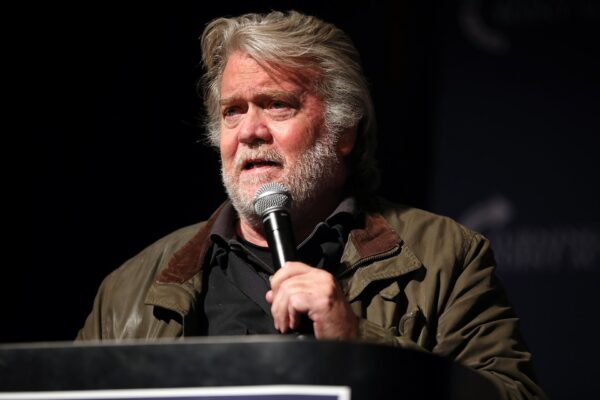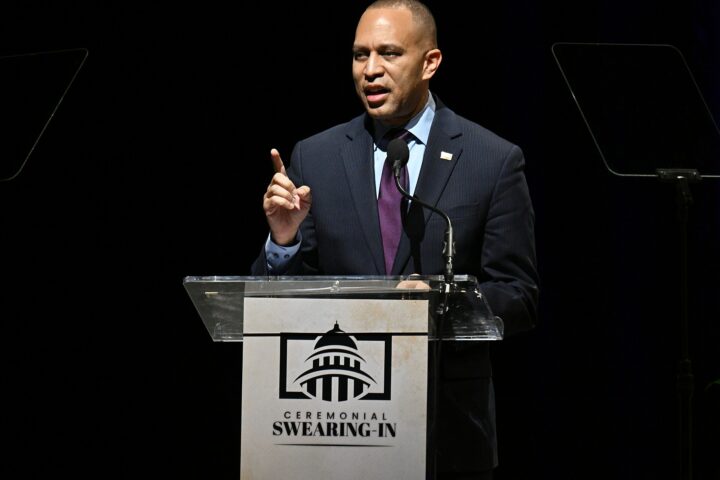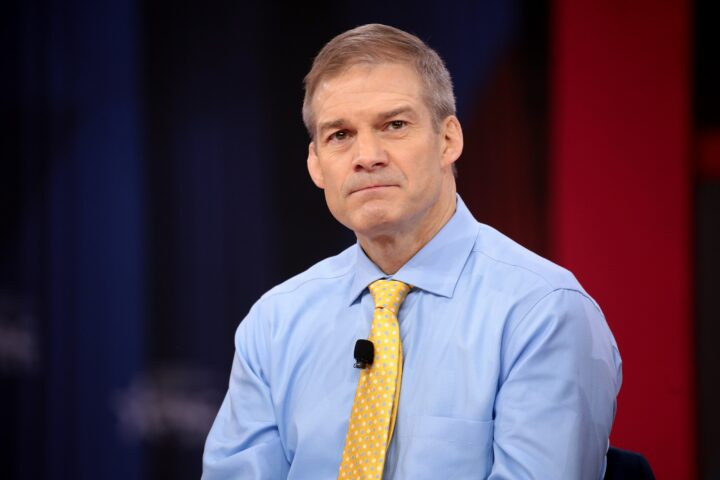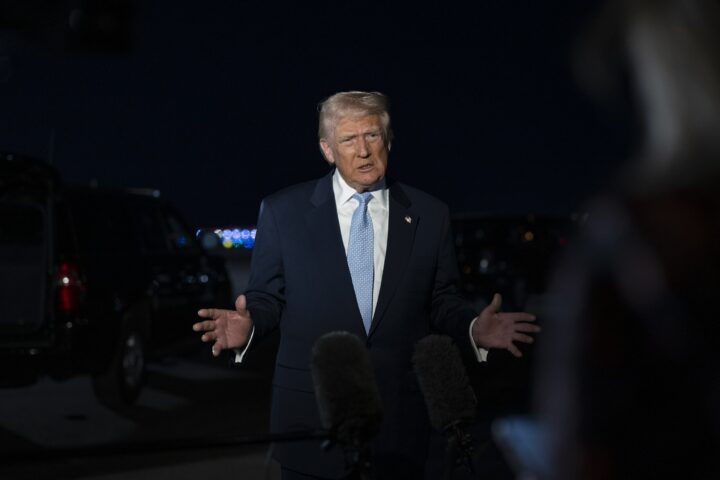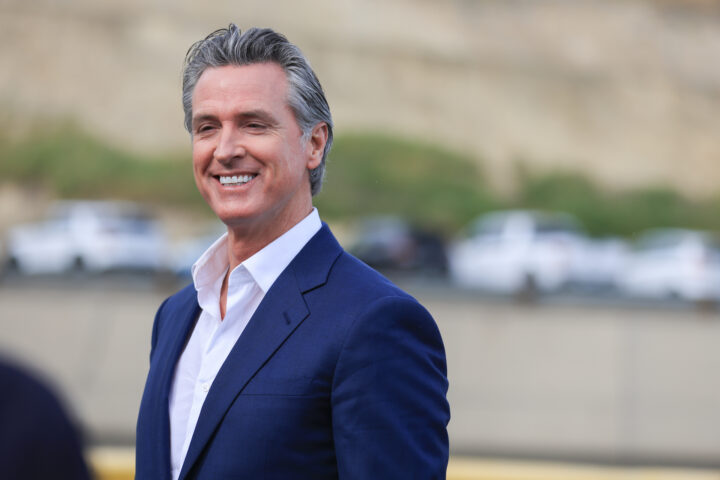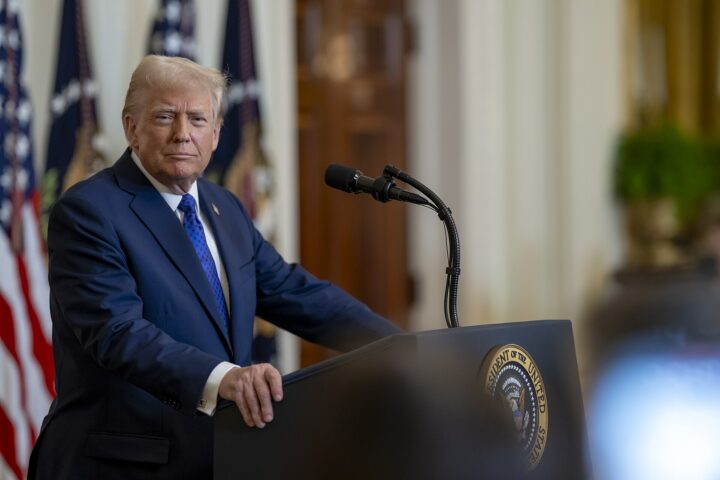Steve Bannon, the former chief strategist for President Donald Trump, recently advised Israeli Prime Minister Benjamin Netanyahu to refrain from launching a strike against Iran without U.S. backing.
During an appearance on Eric Bolling’s show, Bolling!, Bannon emphasized the potential ramifications of such an action, urging Netanyahu to “read the room” regarding American public sentiment and political dynamics.
The discussion arose in the context of ongoing tensions surrounding Iran’s nuclear program. Bolling posed the question of whether Israel should proceed with military action against Iranian nuclear facilities, echoing sentiments expressed by conservative commentators like Mark Levin.
Bannon countered this perspective with a stark warning: unilateral action by Israel could ignite a broader regional conflict, dragging the U.S. into a war it has only recently exited after two decades of prolonged military engagement.
“I’m the biggest supporter of Israel,” Bannon stated, highlighting his historical alignment with the Israeli cause. However, he cautioned that if Israel acted alone, it could jeopardize the longstanding partnership between the United States and Israel.
“If they go it alone, it’s the end of the American relationship with Israel,” he asserted, underscoring the deep interconnections that bind the two nations.
Bannon criticized the current U.S. administration for not exerting enough economic pressure on Iran, arguing that there are various strategies the president could employ to address the situation without resorting to military action.
He explained that the administration’s focus should be on preventing further escalation in a region already fraught with instability, extending from Ukraine to the Middle East.
The former strategist pointed out that geopolitical conditions are particularly volatile, noting existing conflicts in Gaza, Kyiv, and other hotspots.
He warned that, should Israel initiate hostilities, it could trigger a chain reaction, potentially leading to a larger conflict involving multiple nations and nuclear powers. “You light a match, and that whole thing can go up,” he stated, reflecting the precarious nature of international relations in the region.
Bannon concluded by emphasizing the importance of allowing Trump, who he labeled as a potential peacemaker, to navigate the diplomatic landscape.
He urged Netanyahu to consider the lack of support for military action among the American public, particularly among younger demographics, suggesting that any unilateral strike could drastically alter perceptions of Israel in the U.S.
As tensions continue to mount over Iran’s nuclear ambitions, Bannon’s warnings serve as a reminder of the complexities surrounding U.S.-Israel relations and the delicate balance of power in the Middle East.
His remarks resonate within a broader discourse on military intervention and the necessity of diplomacy in preventing further conflict.
[READ MORE: Rubio Moves to Target Chinese Students Tied to Communist Party]

